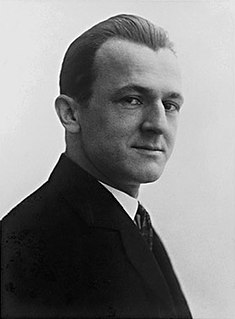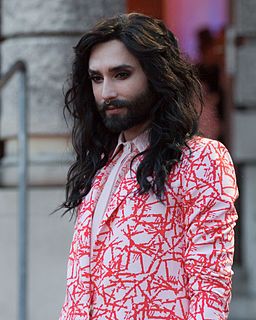A Quote by John Updike
I would write ads for deodorants or labels for catsup bottles if I had to.
Related Quotes
In 1916, when Johnny Heartfield and I invented photomontage in my studio at the south end of the town at five o'clock one May morning, we had no idea of the immense possibilities, or of the thorny but successful career, that awaited the new invention. On a piece of cardboard we pasted a mishmash of advertisements for hernia belts, student song books and dog food, labels from schnaps and wine bottles, and photographs from picture papers, cut up at will in such a way as to say, in pictures, what would have been banned by the censors if we had said it in words.
I see The Gap ads as being a great example of how branding has changed. Those Gap campaigns are pop culture. They've been incredibly powerful. They have had the kind of effect on culture that a hit band has. Just look at The Gap's Khaki swing ads, which were music videos. They had this tremendous impact on the industry - suddenly everything started looking like Gap ads and it became difficult to know who was co-opting whom and who was creating culture.
When you're reading a newspaper and you're seeing ads on the page, it's not kind of invasive. Like, it's on the page next to the article. You can look at it or not. You can turn the page when you're ready. On the internet, the ads - many of the ads - just are so controlling. They insist that you see them.
People think they don’t understand math, but it’s all about how you explain it to them. If you ask a drunkard what number is larger, 2/3 or 3/5, he won’t be able to tell you. But if you rephrase the question: what is better, 2 bottles of vodka for 3 people or 3 bottles of vodka for 5 people, he will tell you right away: 2 bottles for 3 people, of course.






































